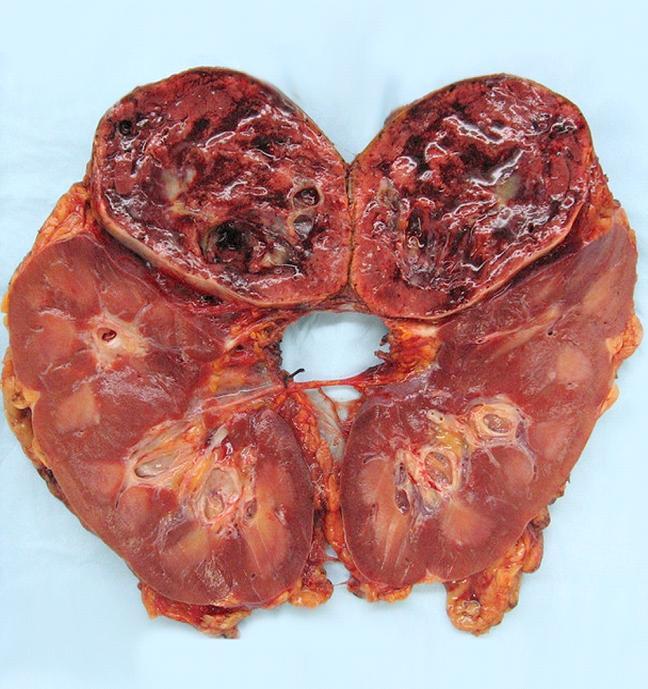Pheochromocytoma Symptoms, Causes, Diagnosis and Treatment

What Is Pheochromocytoma?
It is a tumor that forms by the tissues of adrenal gland. The tumor can be either cancerous or non-cancerous. Moreover, this rare tumor tends to consequents in the overproduction of nonrepinephrine and epinephrine.
Nonrepinephrine and epinephrine are the hormones responsible for controlling our blood pressure, metabolism and heart rate. What exactly causes pheochromocytoma, is unknown till date.
What Are The Alternative Names Of Pheochromocytoma?
Pheochromocytoma is also known by the following names:
- Paraganglionoma.
- Chromaffin tumors.
What Are The Symptoms Of Pheochromocytoma?
Few common symptoms of pheochromocytoma are:
- Weight loss.
- Sweating.
- Severe headache.
- Rapid heart rate.
- Palpitations.
- Pallor.
- Nervousness.
- Irritability.
- Chest pain.
- Abdominal pain.
People with pheochromocytoma can also experience some additional symptoms including:
- Sleeping difficulty.
- Hand tremor.
- High blood pressure.
In addition, symptoms tend to emerge in discrete attacks and can strike at unpredictable intervals. Moreover, the attack may last for 20 minutes and may increase in terms of severity, duration and occurrence with the growth of tumor. Blood pressure may also increase from time to time.
When Is The Right Time To Seek Medical Assistance?
Do not delay to call for an appointment with the doctor in case:
- Of developing the above mentioned symptoms.
- Have a history of pheochromocytoma and have developed the symptoms again.
What Causes Pheochromocytoma?
Researchers have yet not identified the cause of pheochromocytoma. However, they are well aware of the fact that the tumor forms in chromaffin cells, positioned in the middle of the adrenal gland.
These specialized cells make and release some hormones, primarily nonrepinephrine and epinephrine.
What Are The Potential Complications Of Pheochromocytoma?
It is observed that out of 10 patients, 1 develops the tumor again. High blood pressure can persist in approximately 25% of the cases after surgery.
How Is Pheochromocytoma Diagnosed?
The health care provider will conduct a thorough physical exam. During the attack of signs, the patient can have fever, rapid heart rate and high blood pressure; however these symptoms can turn normalize after the attacks. A number of tests, your doctor can suggest are:
- Urine metanephrones.
- Urine catecholamines.
- MRI of abdomen.
- MIBG scintiscan.
- Metanephrine blood test.
- Glucose test.
- Catecholamines blood test.
- Adrenal biopsy.
- Abdominal CT scan.
How Is Pheochromocytoma Treated?
Usually, removal of the tumor, by means of surgery is recommended. However; prior performing the surgery, the doctor will prescribe medications that will help in stabilizing the pulse and blood pressure of the patient. Often, the patient is hospitalized in order to monitor his or her vital signs closely.
Medications are prescribed for managing the tumor that cannot be removed with surgery. Though, chemotherapy and radiation therapy are not proved to be effective for curing the particular form of tumor.
What Is The Prognosis Of Pheochromocytoma?
Outcomes are better for the patients with noncancerous tumors and have undergone surgery. As mentioned earlier, out of 10 patients, 1 develops the tumor again. However, levels of epinephrine and nonepinephrine tend to normalize after the surgery is conducted.
By : Natural Health News




